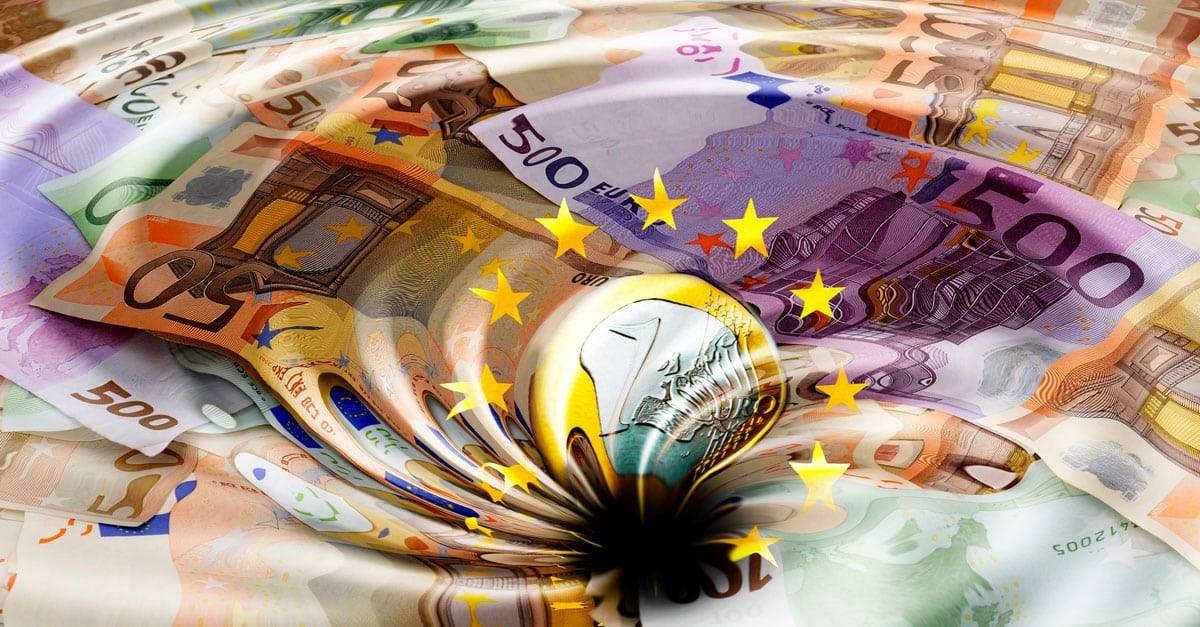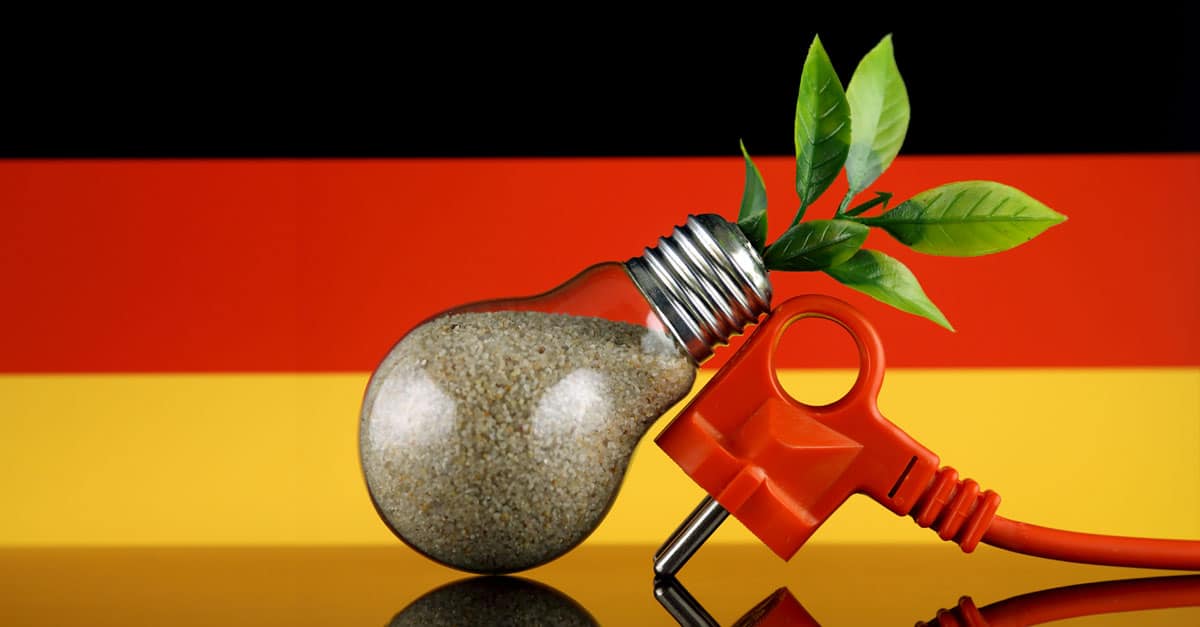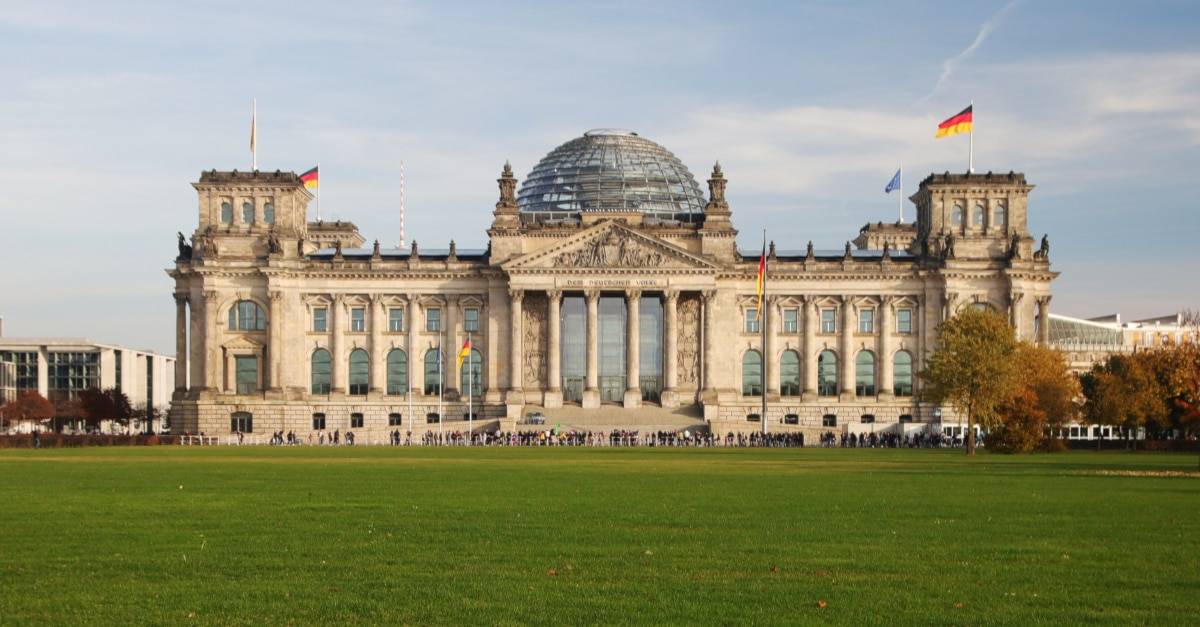
The investment situation
The direct investment outflows from Germany in 2022 were around 132 billion US dollars (125 billion euros) higher than the investments made in Germany in the same period. This represents the difference between investments by German companies abroad and investments by foreign companies in Germany.
According to OECD statistics, foreign investment, especially in Germany, has almost completely collapsed with an outflow of about 135.5 billion euros, while only about 10.5 billion euros were invested. The slump in investment by European neighbours is particularly worrying. At the same time, almost 70 percent of the money flowed from Germany to other European countries.
Reasons for the money outflows
“The investment climate in Germany has recently deteriorated again due to high energy prices and an increasing shortage of skilled workers,” said IW economist Christian Rasch. Many problems occur at home: high corporate taxes, excessive bureaucracy and poor infrastructure. “The German government must take urgent action to ensure that Germany once again becomes the first location for foreign investment.”
The shortage of skilled workers is also a huge burden for companies. In a recent survey, 76% of medium-sized industrial companies named labour costs and the shortage of skilled workers as their biggest challenges, ahead of rising energy prices and increasing bureaucracy. Investment packages like the US “Inflation Control Act” make investment outside Germany even more attractive, even in Europe. At the same time, the unemployment rate in the country is 5.7% at this time, according to the national statistics and European central bank.
Wealth Aggregation: Simple, Dynamic, and Secure Beyond Compare. Discover the Altoo Wealth Platform!
Investment offensives like the “Next Generation EU” programme mean that much of the money is bypassing Germany. Moreover, increasing protectionism has made the German export model less successful than it used to be. With the demise of the combustion engine, the German economy has lost an important unique selling point in a major industry. In order to counteract this trend, Germany must now initiate measures to avoid being more negatively affected by it.
We think you might like
In case you missed it
Germany’s current political and economic landscape reflects a nation navigating change and embracing challenge. Political stability, leadership transitions, resilience in the face of economic turbulence and a commitment to sustainability define Germany’s trajectory. Germany’s economic power is a formidable force on the global stage, although its scale must be measured against other major world leaders […]













